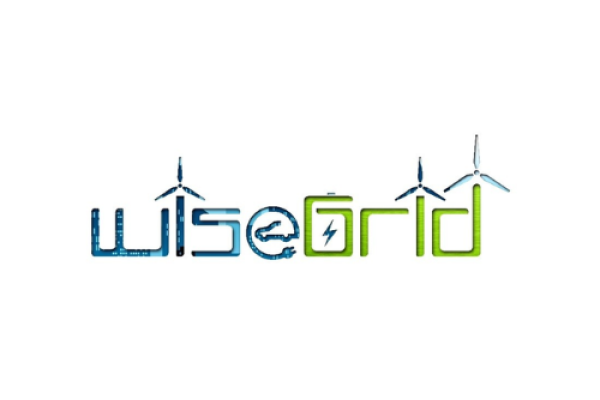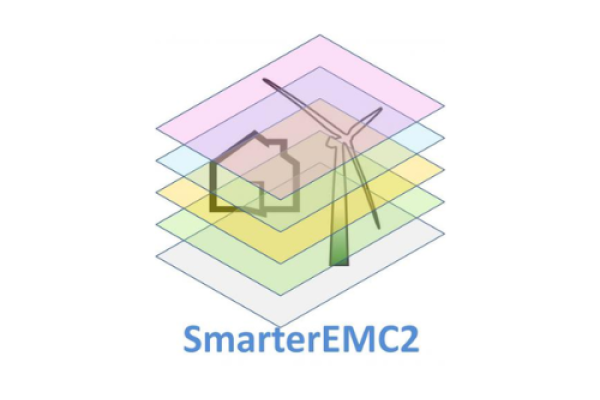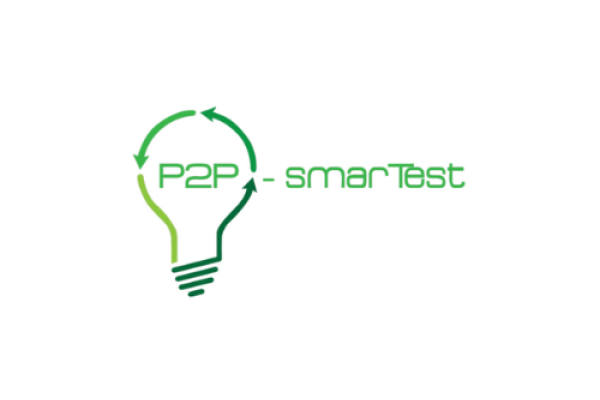
NAIADES
The NAIADES project aims to develop and demonstrate the ambient Na-ion battery under realistic conditions as an effective alternative to the Li-ion battery for stationary Electric Energy Storage (EES) application. The overall purpose of this project is to develop a battery technology based on the sodium ion technology for sustainable EES that would bring a radical decrease in cost with respect to the lithium ion technology while ensuring sustainability and performance in terms of safety, cycle life, and energy density.










